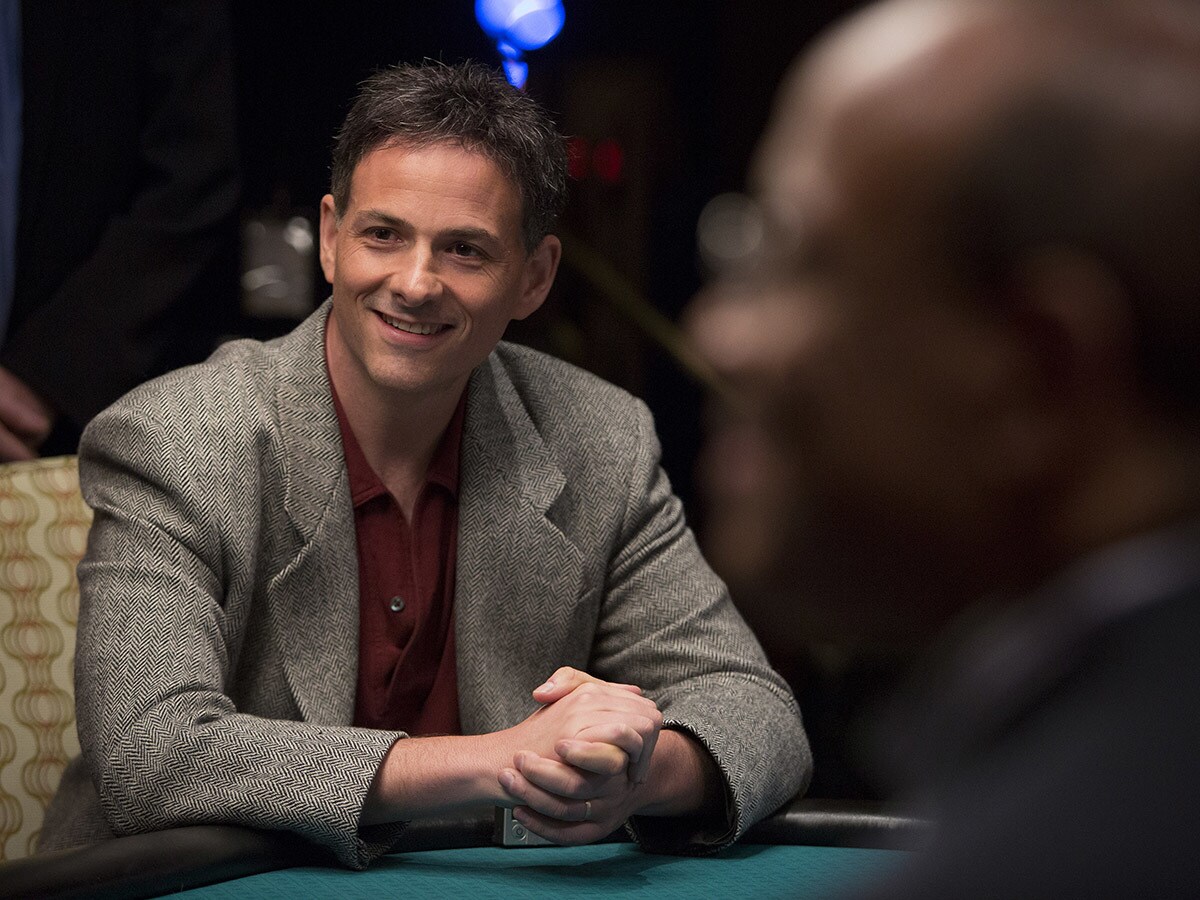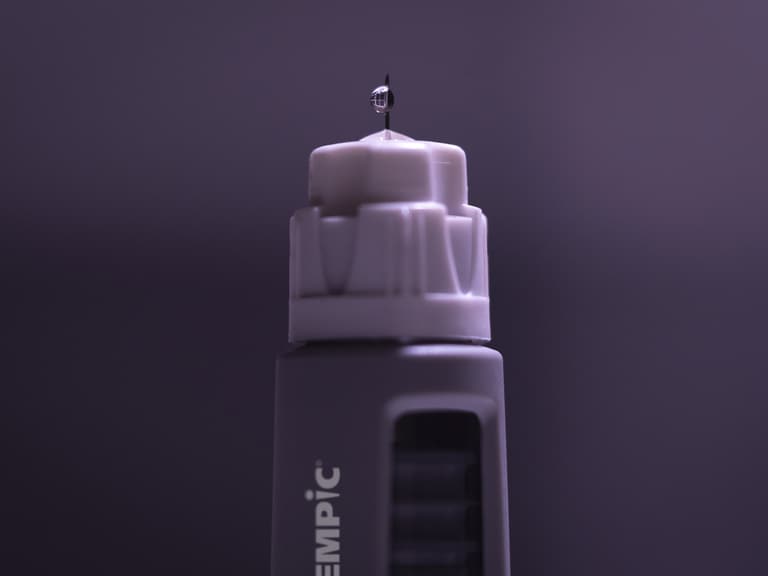David Einhorn, CEO of Greenlight Capital, has clocked some record returns in his time. The best was a spectacular 335% in just three days. On another occasion, he turned $50,000 into $122,551 over four days. None of this, however, happened on the markets but at the poker table. The hedge fund manager is such a skilled player he’s made close to $5.2m in the World Series of Poker (WSOP).
But David Einhorn’s far from the only investor with a passion for the game. Bill Chen, a quantitative analyst at Susquehanna International Group [SIG] and author of The Mathematics of Poker, has earnings of $1.7m from the WSOP.
Another of Einhorn’s peers Pete Muller, founder of PDT Partners, has placed fourth in the WSOP. Famed activist investor Carl Icahn, meanwhile, reportedly made his first-ever investment stake by winning $4,000 in a game. And Point72 founder Steve Cohen is known for using tactics from poker to manage risk.
“Investing and poker require similar skills,” Einhorn explained at the Value Investing Congress in 2006. “Luck plays a role. But over time — over thousands of hands against a variety of players and over hundreds of investments in a variety of market environments — skill wins out.”
“Luck plays a role. But over time — over thousands of hands against a variety of players and over hundreds of investments in a variety of market environments — skill wins out” - CEO of Greenlight Capital, David Einhorn
Research paper Hedge Fund Hold’em reveals how poker playing hedge fund managers, like Einhorn, tend to enjoy higher average returns than their non-poker playing counterparts.
Findings from the paper showed “poker funds” — those whose owners had won at least one poker tournament — had average monthly returns of 0.67%, compared with 0.58% for non-poker funds.
While trading and poker have crossed paths for decades — there’s a reason why high-value companies are called blue-chips —, but which attributes make someone so successful at both forms of risk-taking? And who else has joined Einhorn in conquering both poker table, and trading desk?
The wining poker tactics in investing
A sharp mind and the ability to calculate probability and risk in a short amount of time is crucial to a game of poker.
It’s also about keeping a cool head, according to the author of The Poker Face Of Wall Street and former chief risk manager at AQR Capital Management Aaron Brown.
“People who haven’t had that experience find it difficult to separate the decision from the result,” he once told MarketWatch. “You can’t let recent events affect your thinking. People tend to make very different decisions after gains and after losses, and that’s just fatal to trading.”
“You can’t let recent events affect your thinking. People tend to make very different decisions after gains and after losses, and that’s just fatal to trading” - former chief risk manager at AQR Capital Management Aaron Brown
Einhorn has also drawn parallels between traders and investors, and poker players: “Loose, aggressive types play lots of hands — virtually any two cards — and try to win lots of small pots. They’re the day traders. Others play any ace or king, play too many hands but don’t play them well — they do fine for a while but eventually get outplayed. They’re the long-only closet indexers who trade too much.”
Einhorn compares his own trading approach to players he calls “the rocks”, who sit around waiting for the premium hand. “They fold and they fold and they fold. They are going to wait until they know they have a huge advantage. Then they bet as much as they can. It is very hard to beat a player like this,” he explains.
“I don’t play a lot of hands. But I don’t just wait for the perfect hand. They don’t come up often enough. I try to pick out one or two people at the table I want to play against or who I sense don’t want to play against me. When the situation feels right, I put in a big, aggressive raise with a marginal holding.”
A poker face is also invaluable in trading, trader and investor Kevin Ann points out. “Even having world-class talent and knowing the theory is irrelevant if you’re emotionally out of control and on tilt. Poker is at least 80% mental and emotional, and 20% mechanical, risk-reward decision-making, and mathematical,” he writes in Medium.
The poker players moving into finance
But what is for many hedge fund managers merely a lucrative hobby is gradually changing the face of the investment landscape.
Toro Trading hit headlines in 2010 when it employed Chris Fargis, a pro poker player with no prior investment experience whatsoever. In 2018 Vanessa Selbst, the only woman to top the global poker world rankings, quit the game for a new career at Ray Dalio’s Bridgewater Associates.
“The environment feels a lot like poker did back in the day — a bunch of nerdy kids collaborating to try to beat our opponents at a game,” Selbst, who raked in $12m during her time at the table, wrote in a Facebook post in 2018. “It’s also really freaking difficult.”
She also agrees with the need to have what Brown calls a “zero memory attitude”, which is when you don’t let the emotion of previous victories or defeats cloud your judgement.
Both traders and poker players need to spot patterns — whether in decades of data or their rival’s next big bet — to determine normal and abnormal fluctuations. “Figuring out what’s random and what’s not — that’s the key to everything,” Brown told MarketWatch. “People tend to overreact to random events, and they tend to under-react to signals, things that aren’t random.”
“Figuring out what’s random and what’s not — that’s the key to everything. People tend to overreact to random events, and they tend to under-react to signals, things that aren’t random” - Aaron Brown
Legendary American hedge fund manager Ed Thorp has made a fortune on and off the tables from eliminating those random factors.
The maths genius, who developed a wearable computer that gives a 44% edge on a roulette wheel and purportedly the first card-counting system to beat a blackjack dealer, says his gaming mindset was pivotal when he created the first-ever quant hedge fund, Princeton Newport Partners. The fund returned a compounded 19.1% for almost 20 years.
“Poker illustrates game theory a great deal,” Thorp told HedgeNordic. “So, I would imagine that financial companies are hiring individuals well versed in game theory, who understand risk and how to make business decisions.”
Indeed, game theory is now considered vital knowledge for aspiring fund managers. So much so that MIT Sloan School of Management even teaches a module on poker theory and analytics for those looking to try their hand.
Continue reading for FREE
- Includes free newsletter updates, unsubscribe anytime. Privacy policy





